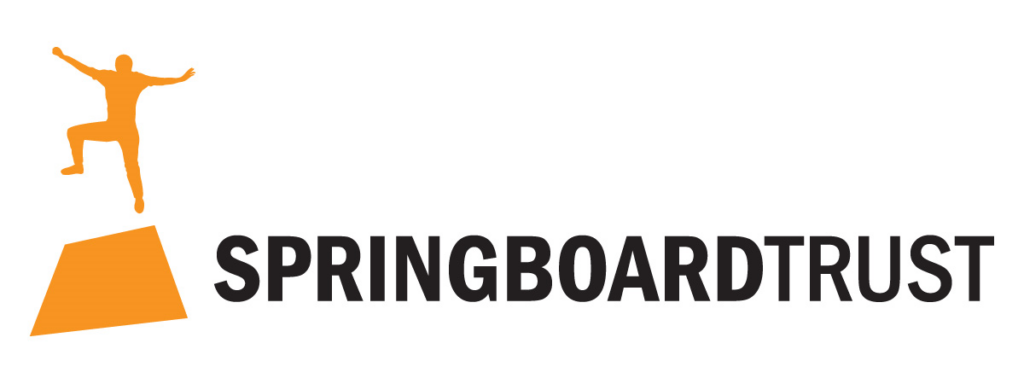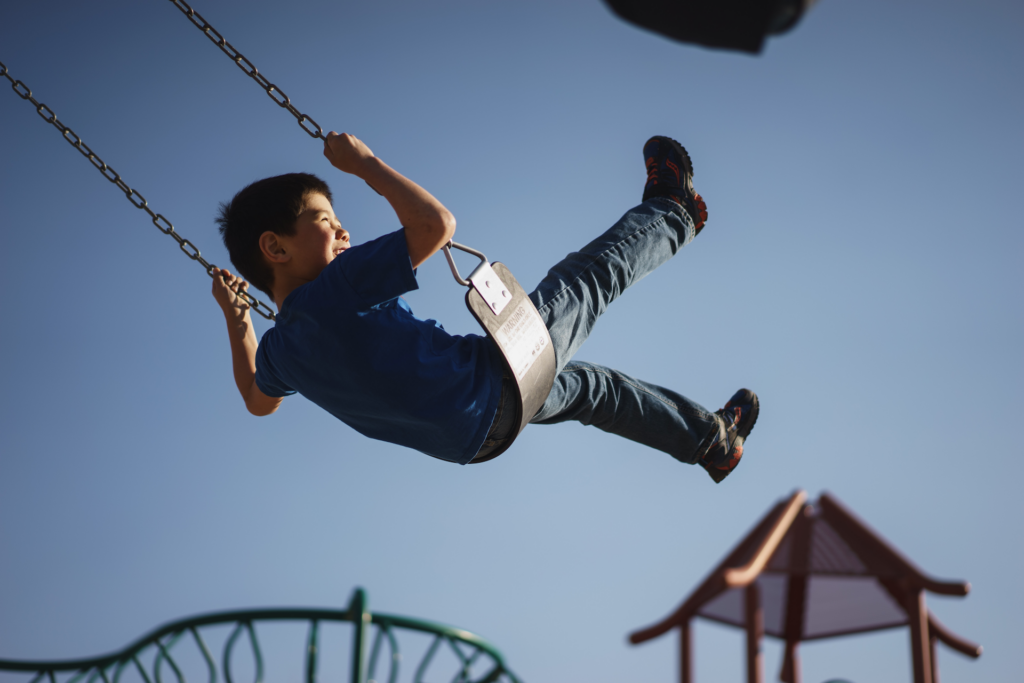Disengaged board members. Poor teacher performance. The lowest student achievement levels in the country. A school that recently worked with Springboard Trust has faced an ongoing series of challenges, and we have helped to build resilience and turn things around since 2016.
The background
Our association with this school began in 2016, when one of our alumni was appointed to the principal role. At this time, the key issues were:
- Extremely low levels of student achievement
- Bullying and violent behaviour from students
- Traumatised children
- Poor teacher performance
- Hostile parents
- Minimal engagement from board members
- Limited Statutory Manager (LSM) already in place
Springboard Trust had initially set out to provide coaching support to the principal in the face of these challenges, but ended up delivering a far more comprehensive set of services.
The goals
Our goal was to be on the ground, anticipate and provide comprehensive wrap-around support services for schools at risk of LSM intervention. To turn the school around, grow strategic leadership capabilities, improve teaching and learning quality and facilitate the engagement of parents and whanau to all ultimately improve the learning outcomes for students.
To achieve this, our team established seven primary goals:
- No further requirement to employ an LSM.
- Ability to bring visitors to the school with confidence that teachers and students would be in their classrooms engaged in learning.
- Quantitative improvements in student achievement.
- Principal defining a programme of personal activities that build resilience.
- Development of a coherent school strategic plan.
- Funding for a community liaison full-time employee.
- Effective leadership team development.
The process
The initial step from Springboard Trust was to provide the principal with a coach, to help her build resilience in the face of these challenges. That meant before any change could occur, there needed to be some very difficult conversations. As the volunteer coach notes:
“Initially, just listening was important for me. Getting into the principal’s shoes and being able to empathise was really challenging, given the seriousness and scale of the issues. Without spending the time understanding things, my energy and approach would have been misdirected.”

The coach employed techniques to help the principal build resilience and enjoy life outside of school. This consisted of physical activity routines, which enabled her to enhance wellbeing and build resilience.
From there, we began work with the principal on addressing the school’s most prevalent problems. This included:
- Re-drafting the strategic plan and securing funding for the Kaitakawenga (Community Engagement) role.
- Providing human resources advice, drafting position descriptions and developing a recruitment strategy.
- Giving mentoring and advice to the Kaitawakenga recruit, with particular experience in the diversity and inclusion space.
- Facilitating workshops with the principal and leadership team to help them work together.
- Developing a tailored High Performing Leadership Teams programme to create a cohesive unit in senior management at the school.
- Bringing existing relationship issues to the surface and addressing leadership challenges in the service of full strategic alignment among the school’s staff.
The outcomes
The initial work we undertook has resulted in dramatic change – but it is by no means complete.
First and foremost, the school’s leadership team has created an open and safe environment for the predominantly Māori community of students (as well as their whānau). This has led to culturally inclusive and sustaining leadership and teaching practices.
Significantly, these changes saw the removal of the LSM after a brief one-year tenure, alongside rapid development of the principal’s own confidence in the role. In the volunteer coach’s words:
“I saw in their eyes, the confidence was coming back. Seeing her then do things over the months that decreased stress, improved her wellbeing and her taking the reins on the leadership of the school with assurance and skill – it made all the work worthwhile.”
Capacity Partner
Further to this, a recent Education Review Office (ERO) report moved the school’s review period from six months to three years – appropriate for environments where effective learning is taking place consistently, which is also evident in the student achievement levels.
Since the work began, staff have helped 40% of year one students achieve national standards, 60% at year two and 80% at year three. Essentially, any learning deficits among new entrants are erased within three years.
Stability in the leadership team has spread throughout the school, with learning occurring consistently and the principal happy to take local leaders through the premises unannounced without fear of disruption.
Confidence is high, the foundations of lifelong learning are in place and the work is planned for well into the future. The leadership team intends to bring more modern teaching to the school, ensure children are developing future-proofed capabilities and further develop the school’s community engagement.
Many schools exist in challenging environments, which in turn impact the learning conditions for our most vulnerable students. But with confident, future-focused leadership and a willingness to tackle the thorniest issues with compassion and understanding, schools can improve both vastly and quickly.









